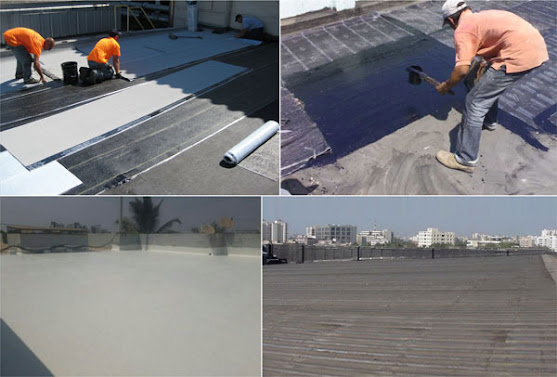Kinds Of Concrete Admixture And Properties
Concrete admixtures are added to cement, sand, and water to control the properties of the final concrete mix. They can be broadly classified into three categories: chemical admixtures, mineral admixtures, and organic admixtures.
Chemical Admixture: Chemical admixtures control the consistency of concrete and increase its durability. For example, fly ash is a chemical additive used in concrete to reduce the amount of alkali present. Inorganic compounds like slag cement or silica fume can also be used for this purpose.
Mineral Admixture: Mineral admixtures are usually natural aggregates like sand or gravel that make up a small portion of the concrete mix. They provide strength and durability to the final product. Some examples include limestone, granite dust, marble dust, and crushed stone dust.
Kinds of Concrete Admixture and Properties
Concrete admixtures are materials
added to concrete mixtures to improve specific properties of the fresh or
hardened concrete. The top
waterproofing companies in India states that, Common admixtures include
air-entraining agents, water reducers, plasticizers, and curing compounds.
Admixtures are typically used to modify the properties of concrete in one or
more of the following ways:
· To accelerate or slow down the rate of hydration
· To increase or decrease the amount of bleeding
· To increase or decrease the amount of shrinkage
· To increase or decrease the amount of heat evolution
· To increase or decrease the strength development
· To change the workability
· To change the density
· To reduce segregation and bleeding
Admixtures can modify the properties of concrete to suit a particular application or need. Several types of admixtures are used in concrete, each with its specific properties and uses. Here is a brief overview of some of the most common types of admixtures and their properties:
1. Air-entraining admixtures: These add microscopic air bubbles to the concrete mix, which helps improve its freeze-thaw resistance and workability.
2. Accelerating admixtures: As the name suggests, these admixtures help speed up the set time of concrete, making it ideal for applications where a quick set is required.
3. Retarding admixtures: These admixtures slow down the set time of concrete, giving the user more time to work with it before it hardens. According to the top construction chemical company in India, This is useful in hot weather conditions, where a short set can cause cracking due to thermal expansion.
4. Water-reducing admixtures: These admixtures help reduce the amount of water needed for a given volume of concrete without affecting its workability. This can be useful when a high water/cement ratio would otherwise cause problems such as bleeding or segregation.
5. Bonding agents: are added to improve the bond between old and new concrete surfaces or between mortar and masonry units. This can be helpful in waterproofing solutions projects where a strong bond is essential for long-term durability.




Comments
Post a Comment